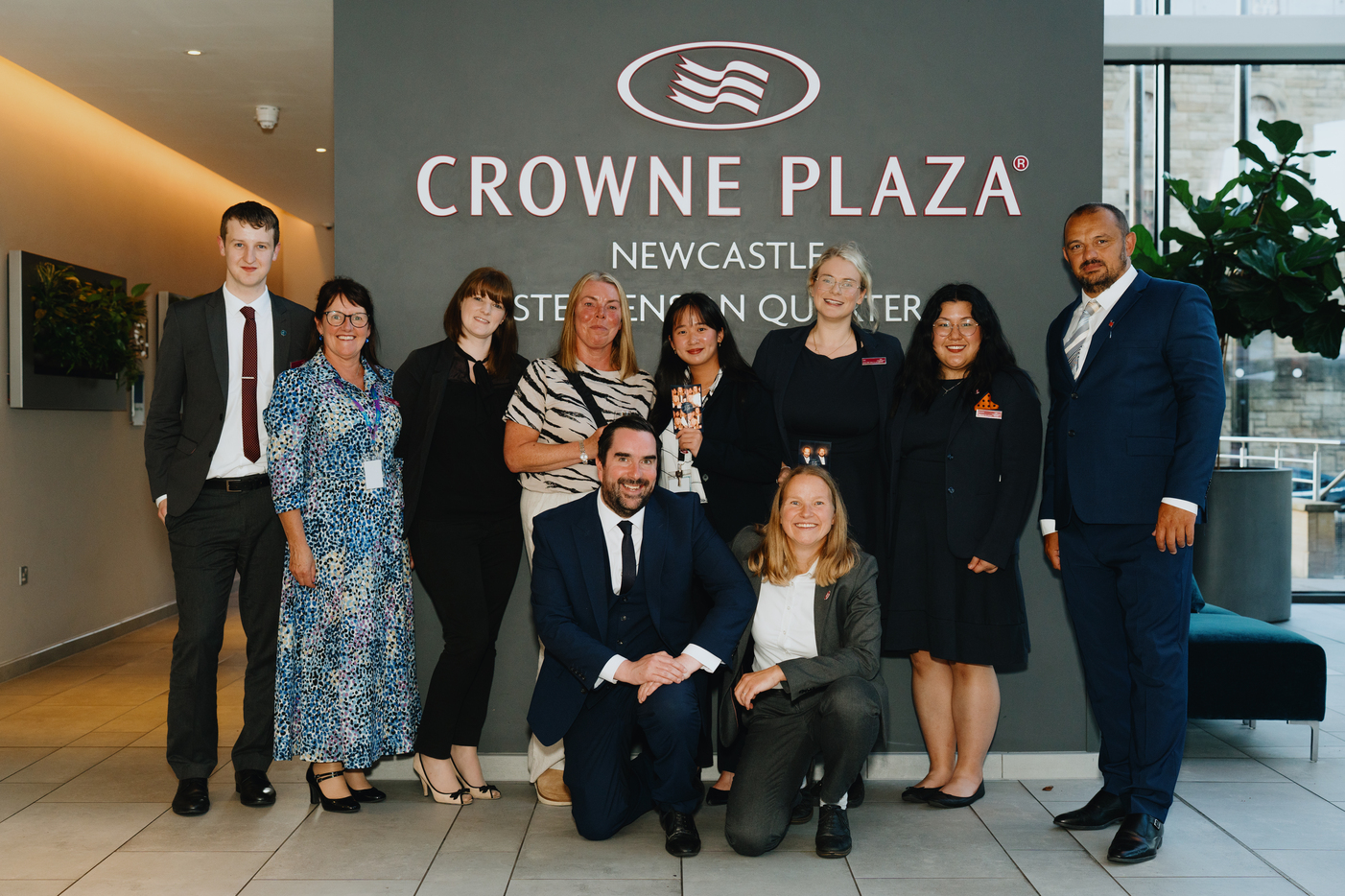- Home
- Conferences
- Meeting
- Weddings
- Parties
- Venue Location
London
England
- Special Offers
- List Your Venue
Danielle Pham: Successful events are all about preparation
Apr 21, 2008 | Blog
It cannot be stressed enough – a successful event of any type or size hinges on three things: preparation; preparation; preparation.
Clichés aside, proper preparation can make or break an event and demands that everyone involved shares a clear understanding of what should happen at every stage. This responsibility lies with the organiser.
The upside to all this preparation is that oversights are less likely. But should the best-laid plans go awry, problems will be spotted – and remedied quickly.
When organising an event it’s also important to remember it will stand or fall on the ability to recruit delegates. Events are an expense to attendees. With or without entry fees, the time spent out of the office alone is a cost. Therefore, delegates must be offered something that delivers value.
So what can be done to give an event maximum appeal?
Great speakers, a relevant agenda and an attractive venue are a good start, but these are principally a means to attracting delegates. Telling delegates something they need to know is critical.
The agenda must reflect an understanding of the issues or challenges delegates face and speakers should be able to tackle the subject matter in an informative and engaging way. The smartest people are not necessarily the best communicators, and vice versa.
During the planning stage it can be beneficial to speak to potential delegates or opinion makers in target groups to establish what they would want on the agenda.
Providing networking opportunities often prove popular, and making a few good contacts helps justify the time out of the office. Also a mixed agenda with breakout and workshop sessions helps delegates tailor their own experience. They are also a lot more appealing than being talked at for eight hours.
With the format and agenda agreed, now comes the invitations. Make it clear in all promotion what the speakers will deliver. And be honest. Making promises that cannot be met is a no-no and the surest route to disaster.
For the largest events, with travel involved for attendees, this should be underway at least three months in advance. For smaller events, a month will still fly by, but should provide enough time.
An email invitation, including all relevant details, such as agenda and maps, with a follow up phone call is often the most effective strategy for recruiting delegates.
When the big day arrives the challenge is pulling together all that preparation, all the promises made to delegates and all the understanding shared across the team to deliver the event. And if it meets expectations, provides the promised content and justifies the delegates' time out of the office, positive feedback should pour in.
But a word of warning: things can go wrong. If they do, resist the temptation to sweep problems under the carpet. The bump will invariably trip you up later. Instead, tackle problems head-on. Be honest and upfront and offer constructive solutions. Even if things have gone disastrously, honesty will show integrity and maintain a level of trust with the client.
My final piece of advice is, above all, to enjoy it. The satisfaction of sitting back as the dust settles on a successful event is a great feeling. And if the organiser looks like they are enjoying it, then it becomes far more likely the delegates will.
_Danielle Pham is the manager of Lewis Media Centre, a conference centre owned by Lewis PR._
Latest News
 CHS Manchester Unveils Festival-style Evolution, City-wide Fringe and National Ambition
CHS Manchester Unveils Festival-style Evolution, City-wide Fringe and National Ambition Crowne Plaza Newcastle Celebrates 10 Years of Events Impact
Crowne Plaza Newcastle Celebrates 10 Years of Events Impact The Venues Collection Wins Gold for Sustainability at the Conference & Event Awards 2025
The Venues Collection Wins Gold for Sustainability at the Conference & Event Awards 2025 The Venues Collection to unveil Sweet Incentive for Event Bookers at The Meetings Show 2025
The Venues Collection to unveil Sweet Incentive for Event Bookers at The Meetings Show 2025 The Venues Collection Puts Data and People at the Heart of Its Path to Deep Decarbonisation
The Venues Collection Puts Data and People at the Heart of Its Path to Deep Decarbonisation

